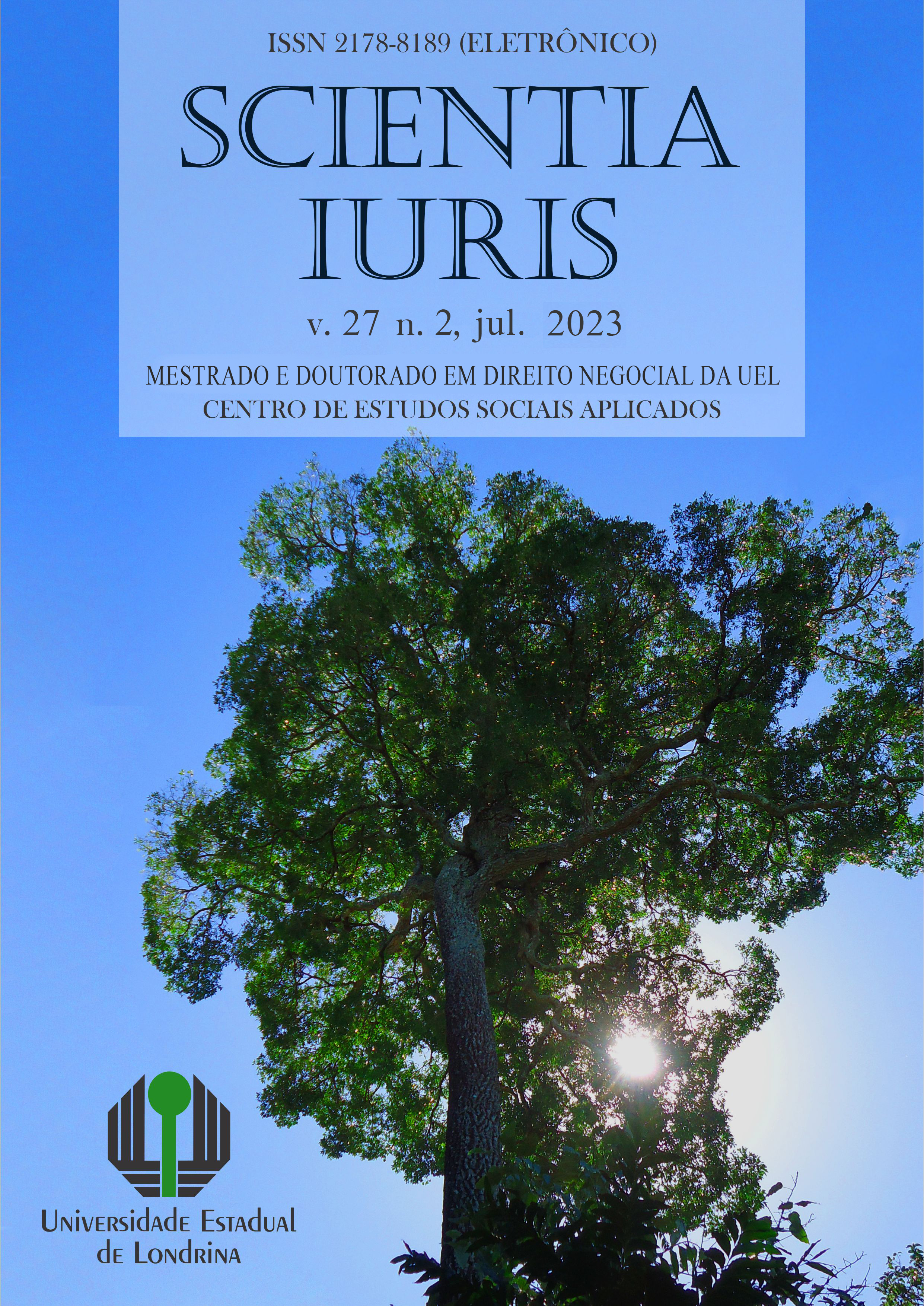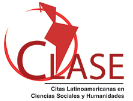exercising voting rights in the separate election of a member of the audit committee of a closed joint stock company
DOI:
https://doi.org/10.5433/2178-8189.2023v27n2p112-129Keywords:
Closed joint stock company. Audit committee. Separate election. Preference shares. Essential rights.Abstract
This paper aims to analyze the right of the controlling or majority shareholder, with voting rights, in a closed joint stock company, who has preference shares without voting rights or with restrictions, to participate in the separate election of the preference shareholders' representative on the Audit Committee. We will demonstrate that this right derives from the constitutional principle of legality, whereby any restriction of a right must be provided for by law, not admitting extensive interpretation to mitigate shareholders' rights. We will propose that the removal of the controlling or majority shareholder's right so as not to be able to vote in the separate election of the preference shareholders' representatives would flagrantly violate the shareholder's right to ownership, since it prevents him from exercising his full ownership rights. We will also demonstrate that this right of the shareholder is exercised as a result of his political power and power of control, natural to the joint stock company system of majority decision making, and that its restriction will attribute a right to the preference shareholder which was not provided for by the company's bylaws or by the law itself, and that the shareholder without voting rights or with restricted voting rights may exercise the right to audit in other ways provided for by the law. Finally, we will demonstrate that the Brazilian Securities and Exchange Commission's Guidance Statement No. 19/90 does not apply to private joint stock companies, since that federal autarchy has regulatory competence only in the securities market with trading on the stock exchange or over-the-counter market and that because it does not have the force of law, it should not restrict shareholders' rights to free enterprise, autonomy of will and freedom to contract.
Downloads
References
BRITO, Cristiano Gomes de. Sociedade limitada & cessão de quotas. Curitiba: Juruá, 2007.
CARVALHOSA, Modesto. Comentários à Lei de Sociedades Anônimas, 6ª ed., São Paulo: 2014, v. 3.
COELHO, Fábio Ulhoa. Curso de Direito Comercial. v. 2, 6ª edição, São Paulo: Saraiva, 2003, p. 230;
CORRÊA-LIMA, Osmar Brina. O Acionista Minoritário no Direito Brasileiro. Rio de Janeiro: Forense. 1994.
CORRÊA-LIMA, Osmar Brina. Sociedade Anônima,3 ed. Belo Horizonte: Del Rey 2005.
COSTA, Wille Duarte. A dissolução de sociedade comercial composta de dois sócios. Atualidades jurídicas. Belo Horizonte. Del Rey, v.3, p.359, 1993.
EIZIRIK, Nelson. A Lei das S/A Comentada (arts. 138 a 205). vol. III, 2ª ed. São Paulo: Quartier Latin do Brasil, 2015.
LUCENA, José Waldecy. Das Sociedades Anônimas: Comentários à lei (arts. 121 a 188), v. 2. Rio de Janeiro: Renovar, 2009.
MARTINS, Fran. Sociedade por quotas no direito estrangeiro e brasileiro, v. 1. Rio de Janeiro: Forense, 1960.
SANTOS, Laura Soares Miranda; SANT'ANNA, Leonardo da Silva. Deveres e responsabilidades dos administradores de sociedades anônimas e o business judgment rule no Brasil. Scientia Iuris, Londrina, v. 25, n. 3, p. 10-24, nov. 2021.
VON ADAMEK, Marcelo Vieira. Abuso de Minoria em Direito Societário: Abuso das Posições Subjetivas Minoritárias. 2010. Tese de Doutorado - Faculdade de Direito da Universidade de São Paulo, São Paulo, 2010.
Downloads
Published
How to Cite
Issue
Section
License
Copyright (c) 2023 Cristiano Gomes de Brito

This work is licensed under a Creative Commons Attribution 4.0 International License.
The journal reserves the right to modify, in the original text of the submitted article, normative, spelling and grammatical mistakes in order to maintain the cultured standard of language and the credibility of the journal. The journal will respect the authors' writing style. Changes, corrections or suggestions of conceptual order will be sent to the authors, when necessary. In such cases, the articles will be re-examined. The final exams will not be sent to the authors. The published works become the property of the journal, in other words, its total or partial reprinting is subject to the express authorization of the journal. In all subsequent citations, the original source of publication shall be cited and in the case of Photographic Speeches, shall be approved by the original author. The opinions expressed by the authors of the journal's articles are of their sole responsibility.


















